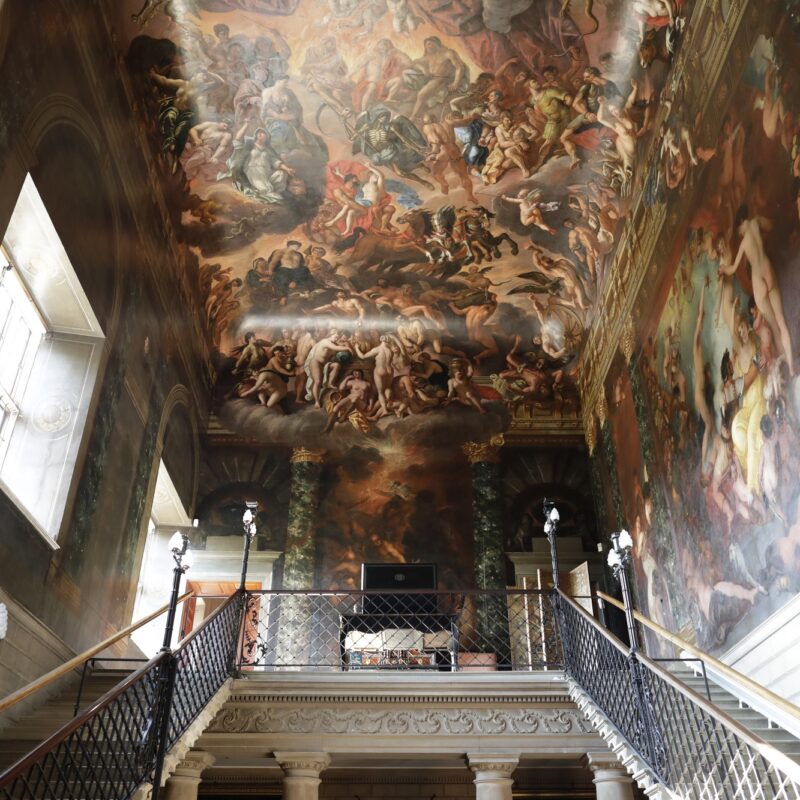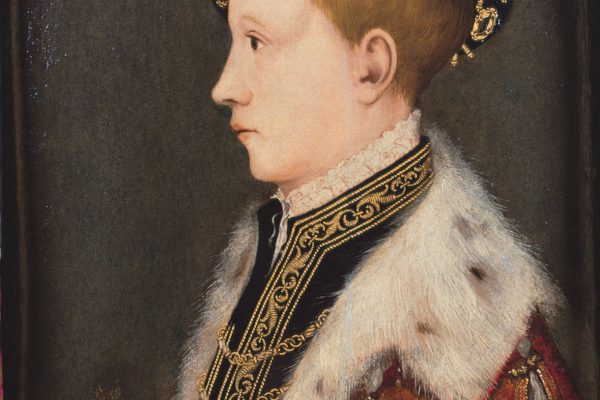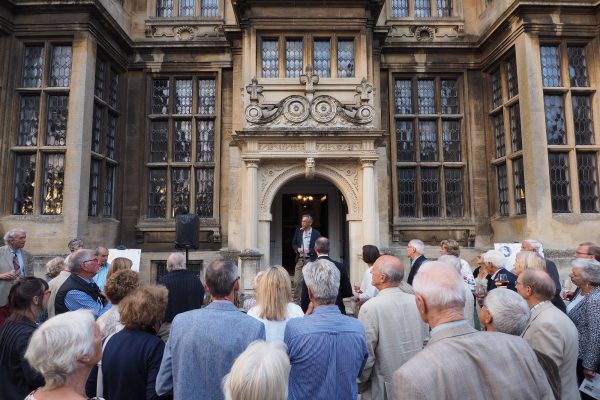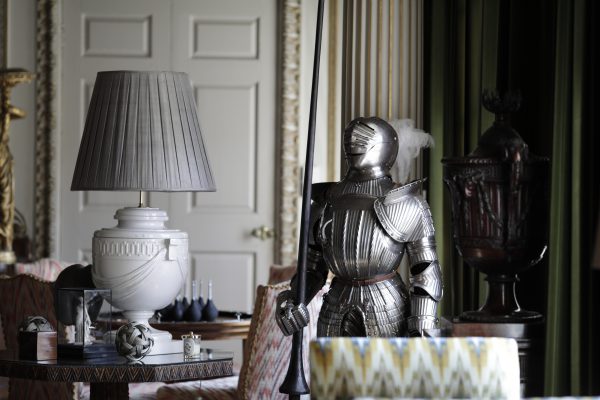Halswell Park
The most important house of its date in the Somerset set in pleasure gardens amongst the finest in Europe.
Goathurst, Somerset, TA5 2DH
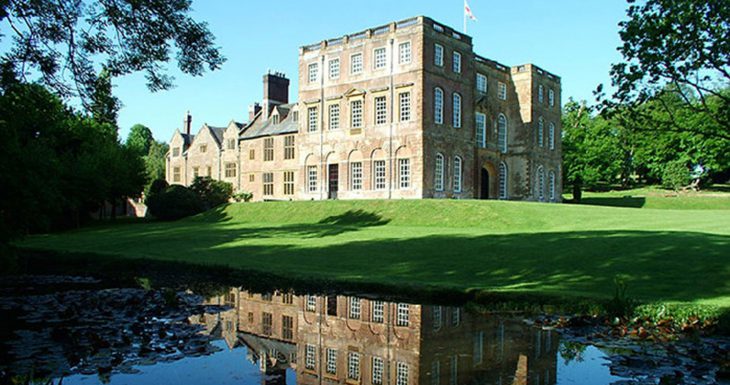
The estate has its origins in the eleventh century with the principal buildings today comprising a Tudor Manor dated from the mid-sixteenth century and a mansion house of 1689.
Originally Halswell and the village of Goathurst were separate entities with the original family living here at least from Saxon times and taking their name from the spring that rises just to the east of the main house. Over the centuries the various lords purchased additional acres of lands, including much of Goathurst.
According to surviving receipts the Tudor house still existing today to the rear of the north range, was built in 1536 for Robert Halswell. Robert Halswell died in 1570 and left the estate to his son, Nicholas, who was then a minor.
The Halswell family played little recorded part in national affairs until Sir Nicholas Halswell became MP for Bridgwater in 1603. He died in 1633, leaving the house to his son Hugh, a clergyman. Dr Hugh Halswell had no male heirs and the estate passed, through his daughter Jane, to his grandson Halswell Tynte; Jane having married John Tynte of Chelvey, another wealthy Somerset Family.
During the early years of the Second World War the Tudor buildings became the home to St Hilda’s school for girls and then, in the latter years, an area of the parkland became an Italian prisoner of war camp.
After the war the estate was a shadow of its former self. In the 1940s the National Trust was approached to take over the house, but much of the furniture and paintings had been sold and it declined the offer. In 1950 the estate was sold and split into several ownerships. The coach house and stables were converted into freehold residences and the house converted into flats. The ‘lawn’ on the east became a wilderness, with the Rotunda and grotto buried deep in saplings and undergrowth. By contrast the ancient oaks, chestnuts, ilex and sycamore in Mill Wood were cleared, many of the garden features were removed, with the rest left to decay and much of the park went under the plough.
Become a Historic Houses member
Explore the nation’s heritage from just £68 per year.
Hundreds of the most beautiful historic houses, castles, and gardens across Britain offer our members free entry.
Also: receive a quarterly magazine, enjoy monthly online lectures, get exclusive invitations to buy tickets for behind-the-scenes tours, and take up a range of special offers on holidays, books, and other products you might like.
